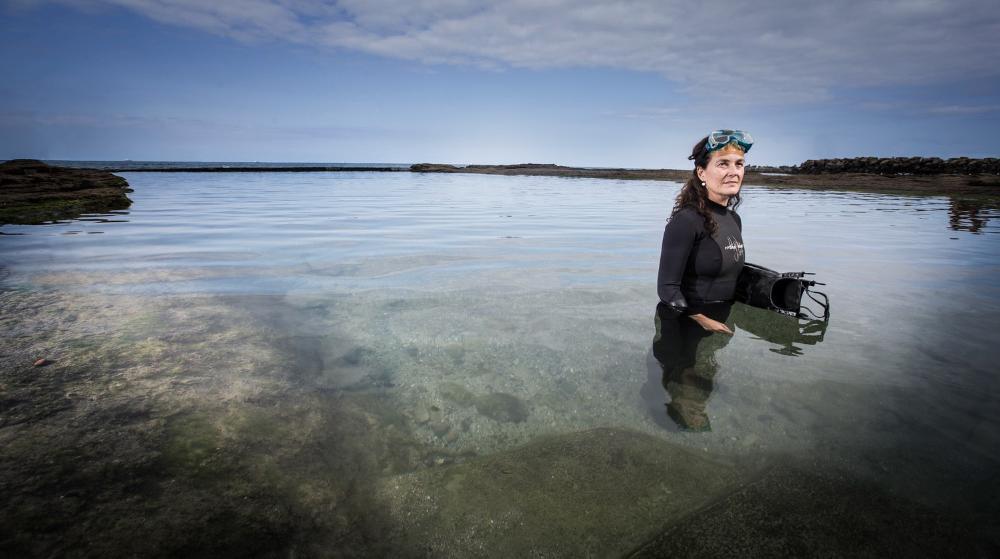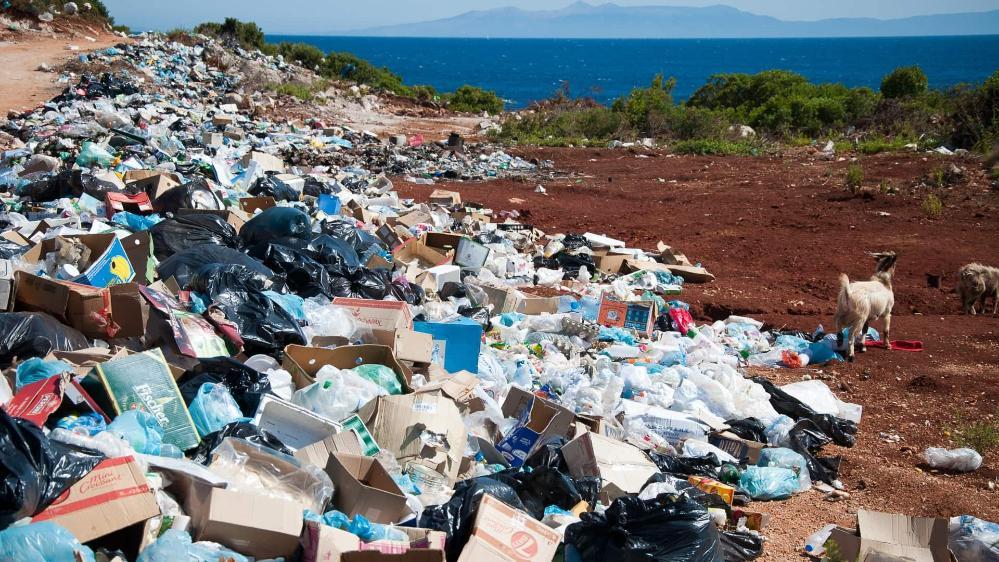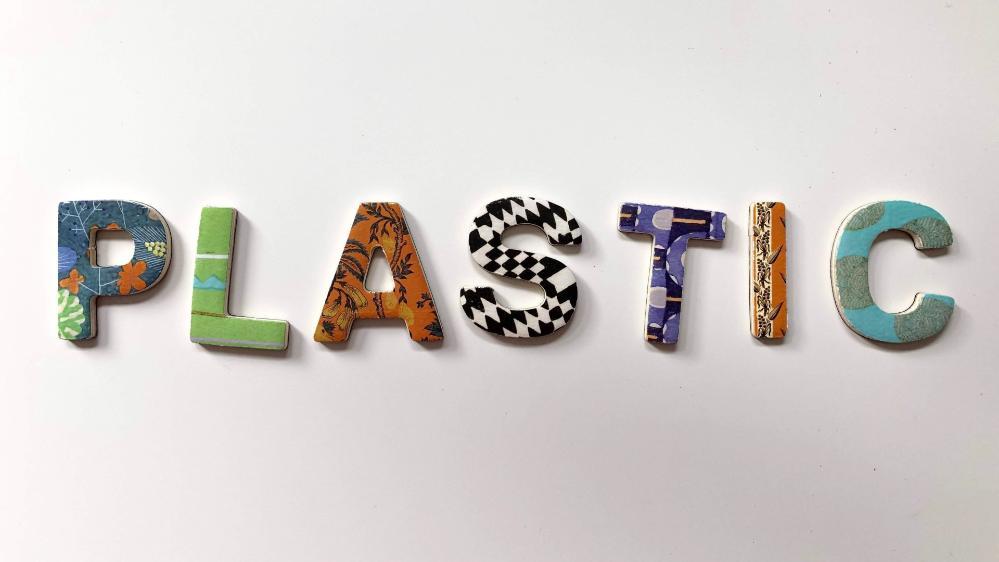Plastic is no longer just a marine problem
New research paper outlines framework for addressing the global scourge of plastic
August 17, 2021
“More and more, we are finding that microplastics are in the atmosphere, in the mountains, in the ice caps, in the human environment.”
We have all seen those searing photos and videos of turtles swimming through plastic debris, of pelicans stuck in plastic bags, even a tiny seahorse wrapped around a cotton bud.
But as haunting as these images are, they no longer tell the whole story of what this pervasive material is doing to the Earth.
Dr Karen Raubenheimer, from the University of Wollongong’s Australian National Centre for Ocean Resources and Security, says much of the media and public has traditionally focused on what plastics are doing to our ocean eco-systems. However, the truth is plastics are now found in practically every ecosystem and environment on the planet, including in humans.

In a paper published in Science, titled A binding global agreement to address the lifecycle of plastics, co-author Dr Raubenheimer argues for the need for a wholistic, comprehensive, international agreement to address the scourge of plastics.
“We can’t just look at plastics as a marine issue,” says Dr Raubenheimer, who completed her PhD at ANCORS in 2016, focusing on international and policy frameworks for marine plastic debris.
“Plastic is everywhere. It doesn’t stop at the boundary between land and ocean, and now we need a holistic approach to preventing the problems it has created, and continues to create, on land and ocean.”
The prevalence of plastics is a global issue, to which no country is immune. According to National Geographic, 40 per cent of plastics are single-use, a convenience item that has a devastating impact on the environment in the long-term.
Plastic has only been around since the 20th century, with half of all plastics ever manufactured made in the past 15 years.
Developed nations often have poor recycling rates, with only 15 per cent of plastics actually recycled in practice. In developing nations, the problem is front and centre. Dr Raubenheimer says currently two billion people in the world do not have access to waste collection services, meaning they burn their rubbish, throw it in the river, or bury it in the ground.

Production shows no signs of slowing down, and is expected to double by 2050.
All of this, Dr Raubenheimer says, underscores the need for a global agreement on how to manage the life cycle of plastics.
“The predictions for plastic production are escalating, we are producing more and more plastics,” she says. “It is such a huge and complex issue. We don’t recycle plastics. They are often incinerated, which contributes to greenhouse gases. Plastics affect the environment, climate change, and social justice, because it largely impacts poorer communities who don’t have access to waste collection.”
Dr Raubenheimer says there are currently no agreements in place that address the life cycle of plastics, from the design and production phase to waste management. All stages of the cycle are important to mitigating future problems and tackling current concerns, such as what to do with all the plastic that has already been created.
In February 2022, the United Nations Environment Assembly will meet and potentially begin negotiations for an agreement, but Dr Raubenheimer says change will take time. Bringing members of the UNEA assembly together to hammer out policy that they will all approve and adhere to will be an extended process in itself, let alone implementing that agreement.

“There is a lack of a comprehensive global governance arrangement that addresses all sources of plastic pollution, in particular land-based,” Dr Raubenheimer says. “Most existing agreements are restricted to addressing marine litter, even though the majority of sources are located on land. There is also the Basel Convention that deals with international trade in plastic waste. Both marine litter and waste are at the end of the life cycle.”
The paper in Science outlined the goals that a global treaty needs to encompass. The goals are to: minimize virgin plastics production and consumption; facilitate safe circularity of plastics; and eliminate plastic pollution in the environment.
They are all connected, with the goal of minimising virgin plastics, “the plastics we can do without”, Dr Raubenheimer says, eventually reducing the need for a system that efficiently and effectively recycles and repairs plastics (goal two). The third goal will deal with legacy plastics, those plastics that are already in the environment or are in circulation and will only become waste in years to come.
“Those are the plastics that won’t meet our new standards. How do we deal with those plastics in circulation or in the environment?” she says.

A global agreement will take years to negotiate and implement, Dr Raubenheimer says. So, too, will the associated elements of extracting data, tracking progress, and putting support mechanisms in place for industry, governments, and communities.
Her own passion for addressing this global issue was sparked years ago, when, as a scuba diver, she would be underwater, swimming through an ocean of plastic.
“The plastic just kept coming. I thought, ‘how do we stop this?’” She decided to go back to studying to understand the sources and why the ‘plugs’ weren’t working. Instead, she was dismayed to find there weren’t many plugs in place at that stage. But national governance has improved a lot over the last ten years and progress has been made at the regional and international levels, despite still having a long way to go.
There is no alternative, she says, other than to do everything she can to draw attention to the deep and fundamental damage that plastics are wreaking on the planet. The urgency of the problem demands action, now.
“The prevention is better and cheaper than the cure.”